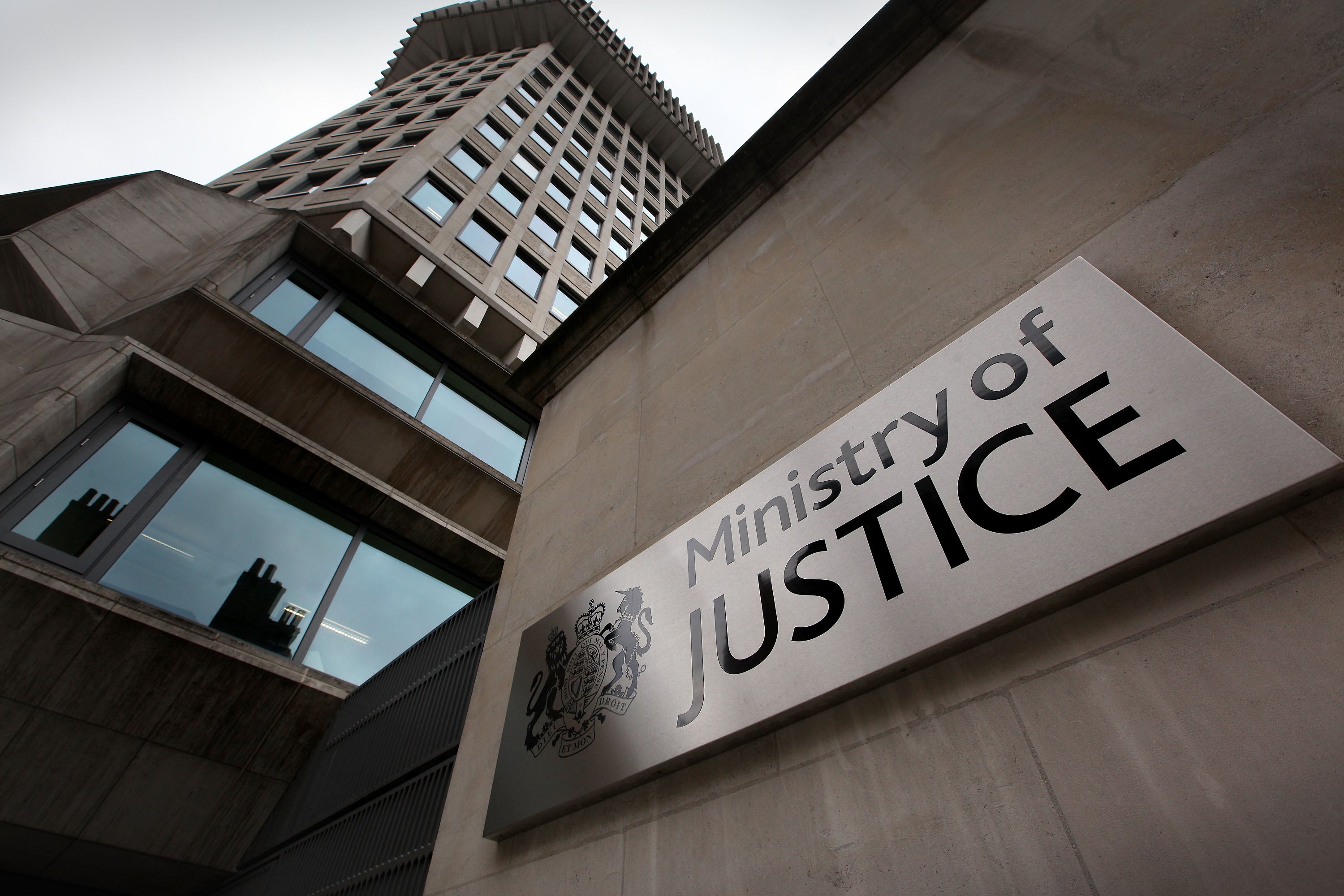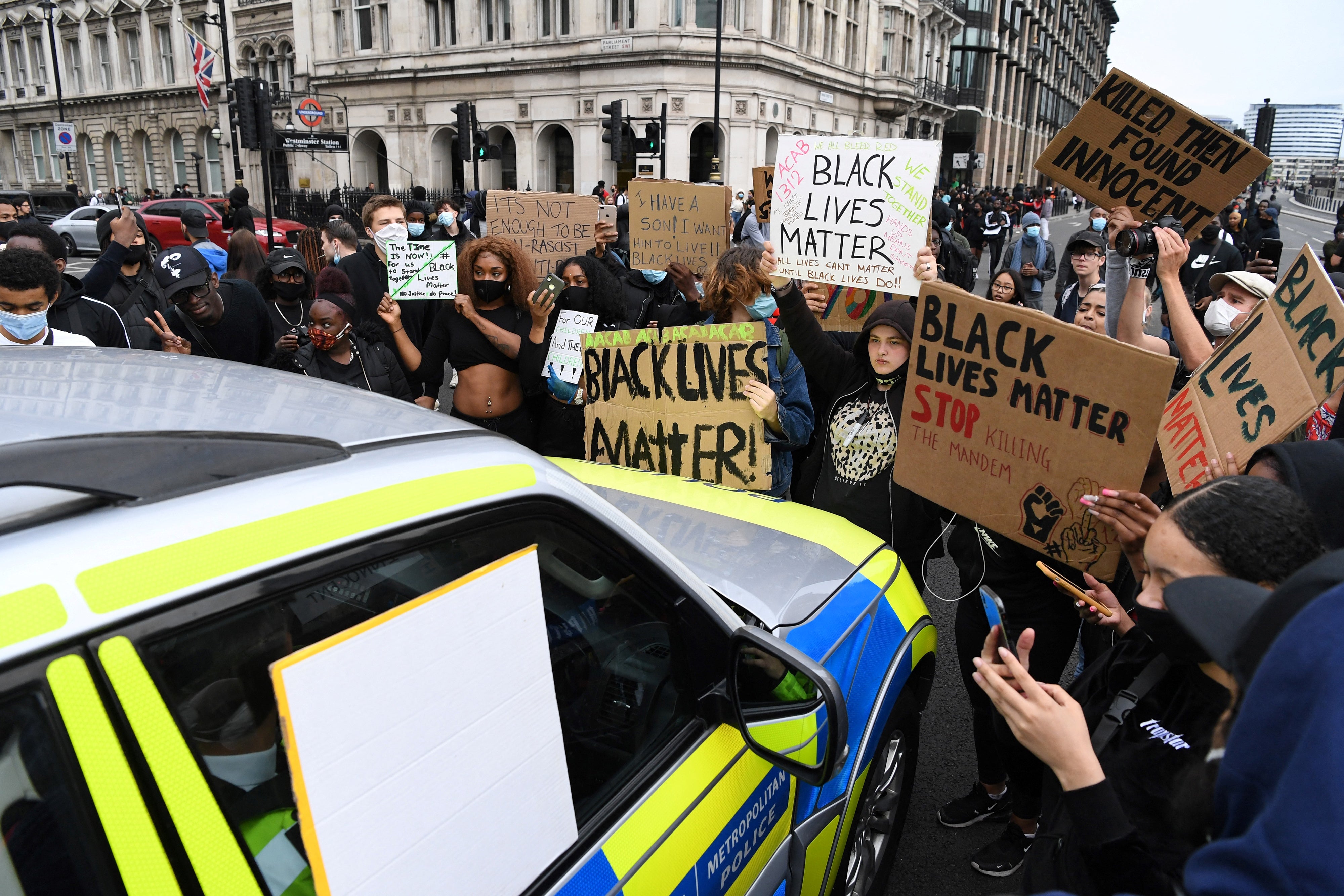Government and CPS face legal action over ‘racist’ joint enterprise law
A number of studies indicate that the controversial legislation targets young Black men

Your support helps us to tell the story
From reproductive rights to climate change to Big Tech, The Independent is on the ground when the story is developing. Whether it's investigating the financials of Elon Musk's pro-Trump PAC or producing our latest documentary, 'The A Word', which shines a light on the American women fighting for reproductive rights, we know how important it is to parse out the facts from the messaging.
At such a critical moment in US history, we need reporters on the ground. Your donation allows us to keep sending journalists to speak to both sides of the story.
The Independent is trusted by Americans across the entire political spectrum. And unlike many other quality news outlets, we choose not to lock Americans out of our reporting and analysis with paywalls. We believe quality journalism should be available to everyone, paid for by those who can afford it.
Your support makes all the difference.The Ministry of Justice and the Crown Prosecution Service are being sued by a human rights charity over the “racist” joint enterprise law, which research indicates disproportionately imprisons young Black men.
The legislation is often used to prosecute people in “gang” related cases, in which groups are convicted of a crime committed by one person on the back of prejudicial evidence that they are in a gang.
The human rights charity, Liberty, is arguing that the evidence of involvement can often be inaccurate and is likely to be premised on racist stereotypes.
Despite overwhelming concerns being raised by campaigners over the years, the CPS and MoJ do not record data on joint enterprise cases.
The charity is acting on behalf of JENGbA (Joint Enterprise Not Guilty by Association), a grassroots campaign group that supports approximately 1400 prisoners (mainly those serving life sentences), all of whom have been convicted under the joint enterprise doctrine.
Lana Adamou, a lawyer at Liberty, said: “We all want our communities to be safe, and for our laws to treat us equally. But joint enterprise is overwhelmingly used against people from marginalised communities, especially young Black men, and drags people unfairly into the criminal justice system.
“Campaigners have been raising concerns for years about racism and joint enterprise prosecutions, and the Justice Committee recommended as early as 2012 that the CPS and MoJ should start collating data about joint enterprise prosecutions.
“It’s completely unacceptable that there is still no official data being recorded about how the doctrine is used, and who it is used against. By failing to do so, the justice system has been recklessly sweeping thousands of young black men into the prison system.”
She added: “The CPS and MoJ must urgently begin recording this data so that any race discrimination in the use of joint enterprise is no longer hidden from view and that steps can be taken to eliminate it. There should be no place for racism to hide in the criminal justice system.”
In 2016, the Supreme Court reconsidered the joint enterprise doctrine and found that the justice system had “taken a wrong turn”, with the law on joint enterprise being misinterpreted for years. However, despite high hopes, this did not steer the law back on course or rectify the wrongful convictions it created.
A number of studies indicate that joint enterprise prosecutions are more likely to target young Black men.

Research from the Centre for Crime and Justice Studies found that, of young male prisoners serving 15 years or more for joint enterprise convictions, 38.5 per cent were white and 57.4 per cent were from Black, Asian or Ethnic Minority backgrounds (BAME) – despite less than 6 per cent of the population being from BAME groups.
Another study found that joint enterprise prisoners who identify as BAME were significantly younger than their white counterparts and were serving longer sentences on average.
Liberty says that, in failing to record data on joint enterprise prosecutions, the CPS and MoJ are breaching their duties under the Equality Act 2010. It says that, contrary to the Public Sector Equality Duty, neither has taken any steps to ascertain the extent of, and eliminate, any race discrimination in the use of joint enterprise laws.
Gloria Morrison, co-founder of JENGbA, said: “JENGbA have been campaigning for many years highlighting the racist application of joint enterprise to over-criminalise secondary parties from marginalised communities.
“It is common law, used against common people, that makes no common sense. JENGbA want to thank Liberty for their support in challenging the use of this doctrine and who it targets.”
David Lammy, shadow secretary of state for foreign affairs, has said that a Labour government would reform the law of joint enterprise that has led to an estimated 4,000 people wrongly serving murder sentences.
“It is shoddy law, it’s outdated, it’s backward. How can you be in custody for years and years and years when you weren’t anywhere near a crime?” the Tottenham MP told a Westminster rally in July.
“How can you be in custody if you simply withdrew from a crime that was being committed? How can you be in prison because you were in the park but were nowhere near the murder that was being committed? That is the kind of injustice that is being done in the name of joint enterprise and it has to end.”
A Ministry of Justice spokesperson said: “While charging decisions are made by independent prosecutors, we are currently considering the feasibility of collecting data on joint enterprise cases.”
A CPS spokesperson said: “We have received a letter from Liberty regarding joint enterprise prosecutions and we will respond in due course.”
Subscribe to Independent Premium to bookmark this article
Want to bookmark your favourite articles and stories to read or reference later? Start your Independent Premium subscription today.